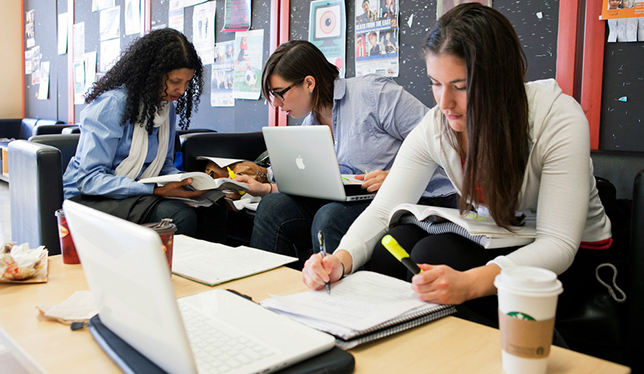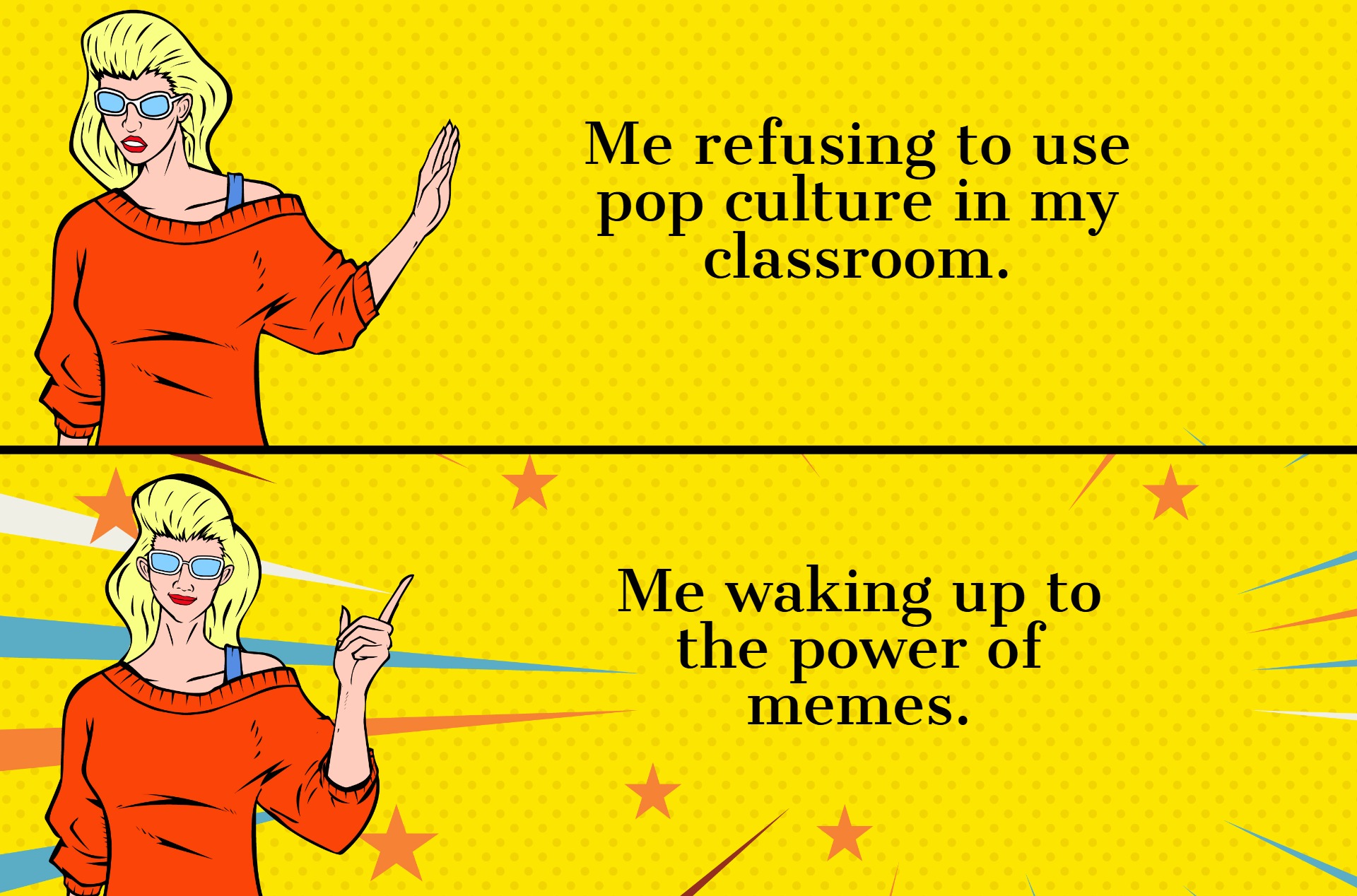Thinking about the future when grad school is the present
Ultimately, the value of a program lies in what you are willing to put into it.

As new graduate students begin to immerse themselves in their daily routines and responsibilities, it is easy to feel overwhelmed by both the uncertainties and the possibilities that grad school can offer. As a present or prospective student, you may fantasize about the ways graduate studies can impact your career and employability, but there are a couple of questions to consider before making these connections: How can you make your career goals tangible and realistic? What should be the next big steps in your career?
Understanding the realities of and your motivations for choosing graduate school is vital when thinking about your career. A crucial initial step is to figure out the value of your program. Engage with professionals and academics alike and ask good questions, like has the value of a graduate degree in their field/industry changed over time?
Andrew Johnson, a current graduate student studying chemistry at the University of Alberta described his experience like this:
“After [completing my] undergrad in chemistry, I took a gap year to work in an environmental chemistry lab, found out I enjoyed the research, skills and added knowledge I gained and decided that the next best decision could be graduate school to compliment my future career.”
The next step is to look at the potential outcomes of graduate school. Consider the structures, policies, and projects associated with the program and institution. Has the institution made an effort to communicate the outcomes of the program? Figuring out whether the program offers the ability to engage in activities such as experiential learning, mentorships, internships, or community involvement could be very helpful. Additionally, think about the hidden value of a graduate degree, such as opportunities to collaborate with industry partners. Another great example is the alumni network of a specific graduate program. As you progress through your program, it is a good idea to build a network of professional connections which can be leveraged throughout your and after your degree. Ultimately, the value of a program lies in what you are willing to put into it.
Brittney Dudar, a graduate from the University of Toronto’s Munk School of Global Affairs described her experience:
“During my graduate studies, I got involved in various projects with my professors that gave me a broad understanding of my options after graduation. I also made it a point to set up coffee meetings with alumni and professionals every Friday for a full semester. I was encouraged to consider Engineers without Borders fellowship as the result of one of those coffee meetings and that is indeed going to be my next move as now I have been selected into the fellowship program.”
Many programs have research components and are open-ended in terms of completion times. In these environments, think about one or two main experiences you might want to get involved with. Some graduate programs are very time consuming and intensive when it comes to academics, but many programs do have inherent, built-in opportunities to get involved. In order to find and succeed in securing these opportunities which you can later showcase to employers, it is a good idea to have conversations with a supervisor, instructors, and other faculty or staff to receive guidance. This mentorship and guidance is invaluable.
In the career development world, an often-cited approach to careers is that of planned happenstance – and this concept matters. In the context of careers, happenstance is the idea that unplanned events, both positive and negative, will impact your career in unpredictable ways. However, it is still possible to plan and prepare for these types of events, which is why taking action and executing a plan is important to your success in graduate school. Choosing to go to grad school is a planned action, but happenstance will kick in throughout that process, and may even influence events within the program. As an example, you might decide to transfer from a masters to a PhD midway through your program as your research question expands. You might not have anticipated this opportunity due to happenstance at the beginning as you were applying to the master’s program. A planned happenstance approach encourages graduate students to take action so that when opportunities present themselves in a seemingly random or unpredictable way, they can be ready to seize upon these opportunities. This approach can also aid students in building up resilience in order to navigate those negative unplanned events which will inevitably arrive.
Featured Jobs
- Business – Lecturer or Assistant Professor, 2-year term (Strategic Management) McMaster University
- Psychology - Assistant Professor (Speech-Language Pathology)University of Victoria
- Veterinary Medicine - Faculty Position (Large Animal Internal Medicine) University of Saskatchewan
- Canada Excellence Research Chair in Computational Social Science, AI, and Democracy (Associate or Full Professor)McGill University













Post a comment
University Affairs moderates all comments according to the following guidelines. If approved, comments generally appear within one business day. We may republish particularly insightful remarks in our print edition or elsewhere.